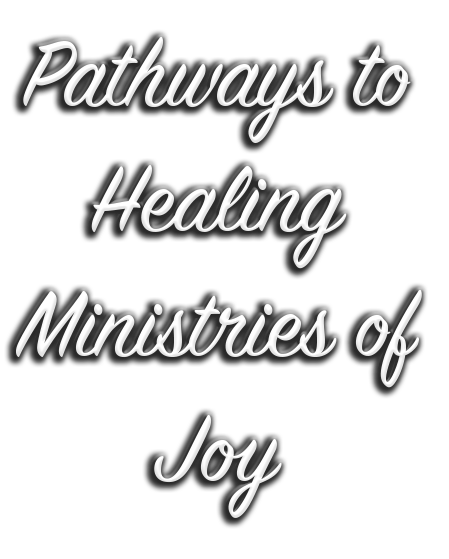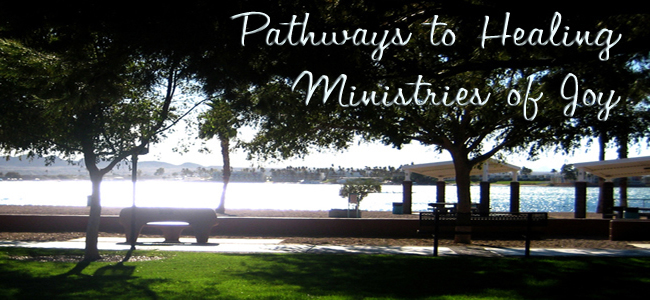By Joy Le Page Smith, MA, BCC
Phil, 14 was just a kid. He was quiet, polite and a good student. No one could know what was ahead or how he would change lives—until the day the call came. “Hello, Joy. Have you heard about Janet?”
“What do you mean?” I asked.
“It is all over the news. Your friend Janet was murdered. Her kid killed her.”
I screamed and dropped the phone. As weeks and months came and went, grief took my days. A gnawing/griping depression settled in and required professional help before I could manage a semblance of normality.
Phil’s mother and I had been close friends for ten years. She was raising Phil alone, as his father deserted the two of them soon after Phil’s birth. This little boy grew up among us and was loved like one of the family. I remember hearing him pray at our Thanksgiving table. Janet had asked if Gary and I would raise Phil if she were to die. She had a dream that found her obsessing a bit with thinking she could not finish the job of raising her son.
That was not to be. Phil was sent to live out his teens at a closed adolescent treatment center. There, with the time, space and expertise available, he came to discover what was true about himself. Phil accepted responsibility for this violent crime. Locked gates forbid Phil’s freedom, but it was obvious how much more painful were the shackles of remorse, sadness and fear of himself.
Our talks took place in four-way, phone conversations while a psychiatrist and a priest listened. It was intense—and difficult. Yet, his words brought a particle of understanding to a crime so hard to comprehend. Phil told me of how he grew to hate his mother, early in his teens. At first it was resentment over a decision she made that found him fuming. Next came small acts practiced to hurt his mother, like not listening to her, refusing to answer when she spoke. Then thoughts of how he could hurt her more. This grew into his desire to be rid of her.
Preceding the crime, books and music portraying bloody, abusive behavior produced a mental track through which Phil lost his way. Child that he was, he could not perceive the gate to evil he allowed his mind to open, which ultimately unleashed such extreme brutality.
Phil is not shifting the blame for what he did onto the media, or the games he gave himself to. He said, “I was the one who did it.” He is characterized by his therapist as “honest and sincere.”
As Phil and I talked, there was great pain. Yet, time and treatment brought change. He was grateful we could talk and seemed deeply touched with each offering of goodness about his mother that I could extend to him. He said, “Dreams of my mother at night bring both comfort and agony.”
Once Phil was released from the treatment center, he chose not to keep an appointment set for our meeting face to face. Years later, I heard from a friend that Phil was able to build a healthy life in a different state. He married and had a family. This was helpful to my healing.
Words do not display the depths of this sorrow, or the gravity of the crime that many of us in our community felt. And, there is a principle at work here that applies to each one of us. Every action we take begins in the mind—starts with our thoughts. In Phil’s case, the mind’s fertile ground resulted in poison fruit for which he paid dearly, as did all of us who loved him and his mother.
The greatest of all facts is that Phil found God’s forgiveness. In the midst of this horrible thing, he found the foremost and best of all truths: God extends forgiveness to all who ask.
There are many kinds of sin. And God forgives them all when we “truly” repent and turn from them. It is difficult to admit it when we are on a wrong track. But with God’s help we can do hard things. Millions upon millions—even trillions of people throughout time have told their stories of how the Lord has instilled the power to break strongholds of many kinds, including anger, resentment, jealousy, pride and bitterness.
Scripture indicates there is only one unforgiveable sin, “ . . . whoever speaks against the Holy Spirit, it will not be forgiven him, either in this age or in the age to come,” (Matthew 12:31). If you think you have committed a sin that cannot be forgiven, visit https://healing-with-joy.com/have-i-commited-the-unforgiveable-sin/ for words which hold power to end that fear.
Decades have passed since the tragedy. It took time to reach the ability to tell it. Doing so comes from believing, for some, relating it will serve to heal. (The names of individuals have been changed.)


Leave A Comment